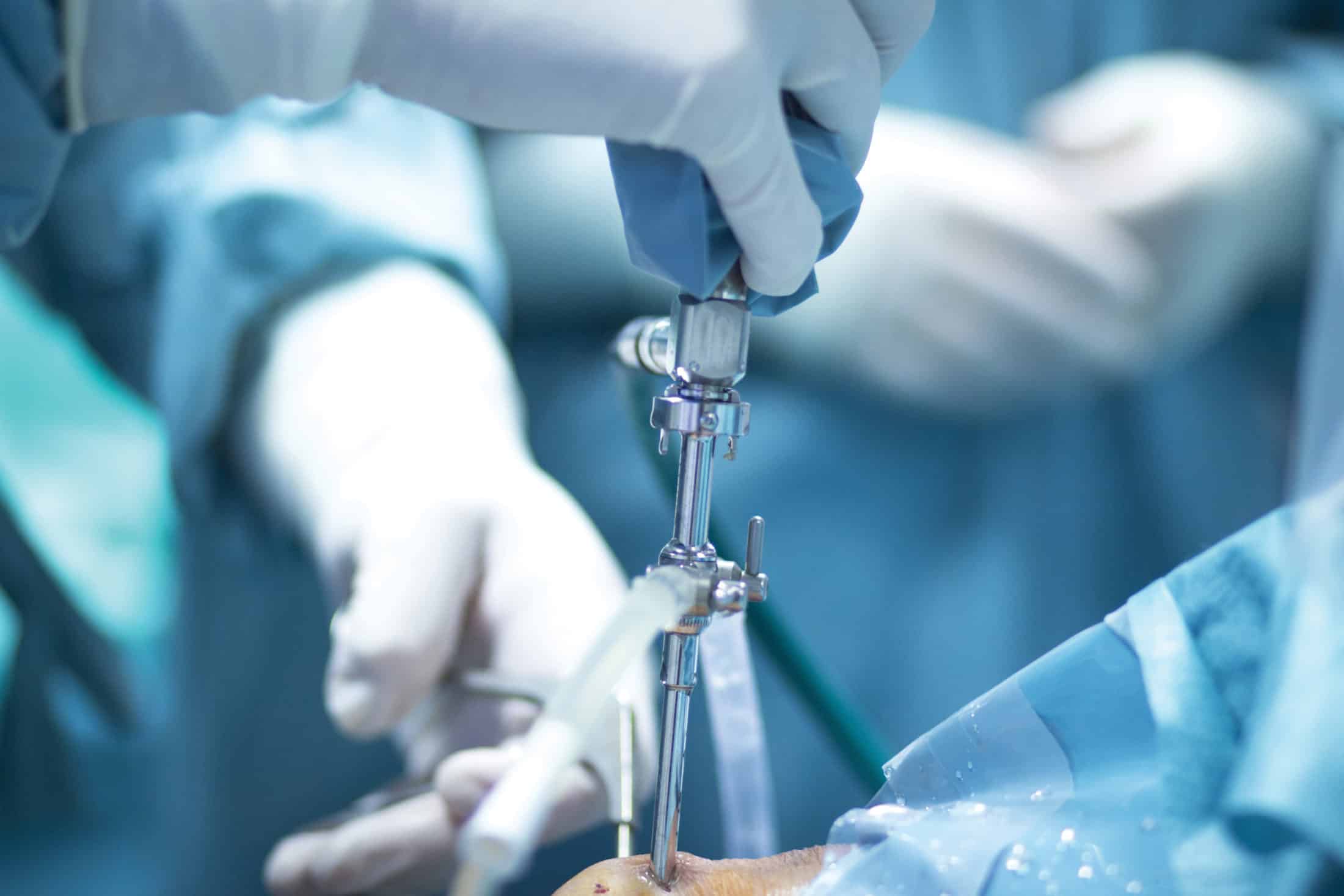Recovering from orthopaedic surgery can be a challenging process, but by following some simple tips and tricks, patients can speed up their recovery and minimize complications. Orthopaedic surgery is a specialized field of medicine that deals with the diagnosis, treatment, and management of conditions and injuries of the musculoskeletal system, including bones, joints, muscles, tendons, and ligaments.
One of the most important things to remember when recovering from orthopaedic surgery is to follow your surgeon’s instructions. This includes taking medications as prescribed, following the physical therapy plan, and performing any exercises or movements recommended by your surgeon or physical therapist. It’s important to stick to the post-surgery schedule prescribed by the doctor to ensure that the healing process is not delayed.
Another important tip for recovering from orthopaedic surgery is to keep the surgical area elevated and immobilized. This can help to reduce swelling and pain, and also prevent complications such as bleeding and infection. It is important to keep the surgical area elevated as much as possible, especially during the first few days after surgery.
Pain management is also crucial for recovery after orthopaedic surgery. It is important to take pain medications as prescribed by your surgeon, and to use non-medicinal methods to manage pain, such as ice and heat therapy. It is also important to avoid any activities that may cause pain or discomfort.
Physical therapy is an essential component of the recovery process after orthopaedic surgery. Physical therapy helps to improve strength, flexibility, and range of motion in the affected area. It is important to follow the physical therapy plan prescribed by your surgeon or physical therapist, and to perform any exercises or movements recommended.
Rest is also important for recovery after orthopaedic surgery. It is important to get plenty of rest, especially during the first few days after surgery. You should avoid any activities that may cause pain or discomfort and allow your body to heal.
Good nutrition is also important for recovery after orthopaedic surgery. Eating a healthy and balanced diet can help to speed up the healing process and reduce the risk of complications. It is important to eat a diet that is rich in protein and other essential nutrients, as well as drinking plenty of water to help keep the body hydrated.
It is also important to keep the incision site clean and dry. This will help to prevent infection and promote healing. The surgeon may advise you on how to take care of the incision site, and it is important to follow these instructions.
In conclusion, recovering from orthopaedic surgery can be a challenging process, but by following some simple tips and tricks, patients can speed up their recovery and minimize complications. It is important to follow your surgeon’s instructions, keep the surgical area elevated and immobilized, manage pain, follow physical therapy plan, get plenty of rest, eat a healthy diet, keep the incision site clean and dry and avoid any activities that may cause pain or discomfort. Patients should work closely with their surgeon and physical therapist to ensure a successful recovery. Remember, recovery is a continuous process that requires patience, commitment and a positive attitude.




